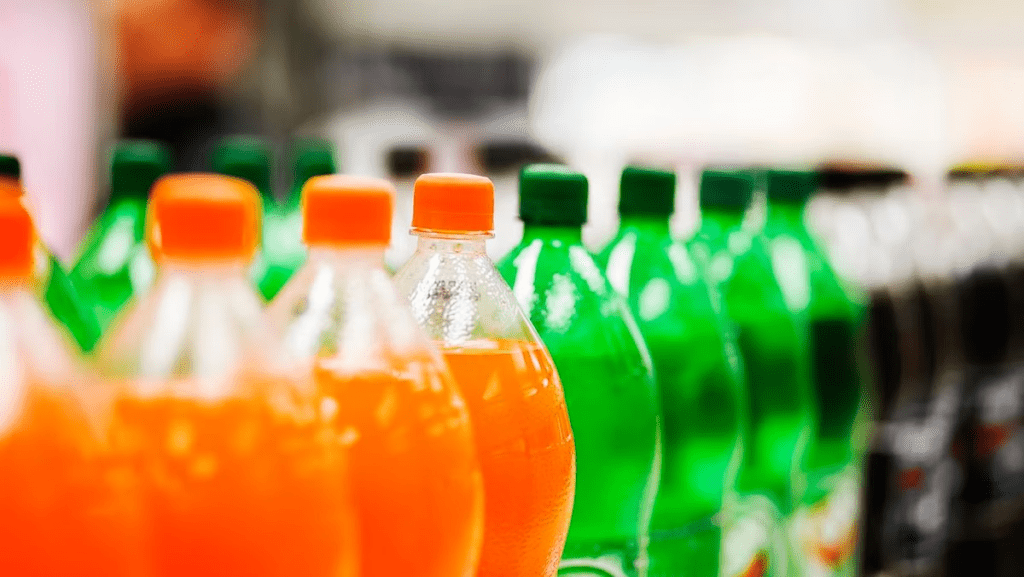Fruit juices often hold an irresistible allure, tempting us with their vibrant flavors and quick dose of nutrients. However, the question looms large: are these juices truly a healthy option, especially in the face of obesity and diabetes, two of the most significant health challenges today?
Understanding the Sugary Quandary
While fruit juices offer a swift and convenient way to absorb essential vitamins and nutrients, it’s crucial to recognize that 100% fruit juice packs a substantial sugar punch. The comparison to soda becomes less flattering when one acknowledges the sugar content.
Chewing Matters: A Key Difference
The act of consuming a whole fruit involves more than just flavor. It engages multiple processes that contribute to healthier digestion. Chewing triggers the release of saliva, initiating the digestion process even before the fruit reaches the stomach. Once in the stomach, digestion continues, and the fiber content of the fruit contributes to a slower absorption of sugars into the bloodstream, preventing abrupt spikes in blood glucose levels.
Glassful of Consequences
Contrast this with a glass of fruit juice, which can represent the juice of 4 to 6 fruits. The absence of fiber means that the natural sugars hit the bloodstream rapidly, leading to quick insulin spikes and subsequent crashes. This roller-coaster effect not only affects energy levels but also, over time, contributes to weight gain and type 2 diabetes.
The Unseen Dangers of Commercial Juices
The situation worsens when considering commercial fruit juices. From hidden added sugars to potentially carcinogenic ingredients, the lack of transparency in vendor-added substances can spell trouble for health-conscious individuals.
Dangers for Diabetics: Sugary Beverages and Fruit Juices

Research indicates that individuals with type 2 diabetes face increased risks of cardiovascular disease and premature mortality when consuming sugary beverages. A study spanning nearly two decades revealed that those regularly consuming sugar-sweetened drinks were more susceptible to cardiovascular issues and had a higher risk of death.
Seeking Healthier Hydration
Returning to nature’s simplest solution, water remains the ultimate hydrator. In a world of constantly available food, water’s simplicity should not be underestimated. Recommended daily water intake varies based on factors like diet and activity level, but maintaining adequate hydration is essential for overall health.
Green Juice Power
Green juices, primarily composed of vegetables, offer a smarter choice due to their lower sugar and calorie content compared to fruit-based options. The abundance of antioxidants and nutrients in vegetables further adds to their appeal.
Coffee and Tea: Ancient Elixirs
Coffee and tea, consumed plain, emerge as calorie-free beverages packed with beneficial antioxidants and flavonoids. Their potential in protecting against heart disease and type 2 diabetes makes them a healthier alternative.
Moderation is Key
While certain beverages can be enjoyed occasionally, moderation is essential. Milk-based smoothies with low-calorie sweeteners or alcohol, for some individuals, can be part of a balanced approach.
The Glycemic Index and Fruit
Understanding the glycemic index (GI) aids in managing blood sugar levels. Different foods affect blood sugar at varying rates. Fruits with a low GI are preferable for diabetics as they minimize abrupt blood sugar spikes.
Smart Fruit Consumption
For optimal health, choose fresh fruits whenever possible. Frozen options are suitable when fresh produce isn’t readily available. When opting for canned fruits, select those packed in their juices or labeled as unsweetened.
The Hindustan Herald Is Your Source For The Latest In Business, Entertainment, Lifestyle, Breaking News, And Other News. Please Follow Us On Facebook, Instagram, Twitter, And LinkedIn To Receive Instantaneous Updates. Also Don’t Forget To Subscribe Our Telegram Channel @hindustanherald











































